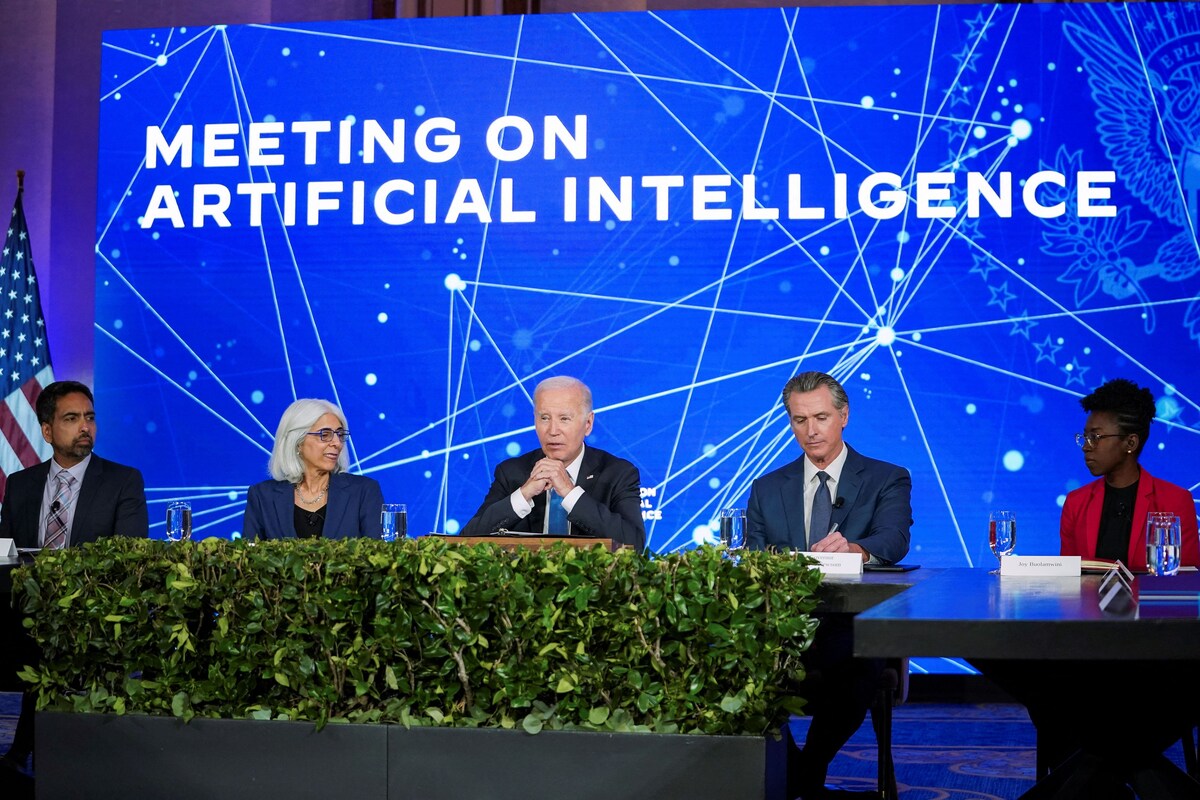The alarming revelation that former President Donald Trump"s "Big Beautiful Bill" spans over 1,116 pages and is likely generated by artificial intelligence raises profound concerns about the integrity of our democratic processes. With emdashes per page reportedly exceeding 100 times that of the average congressional bill, this document represents more than just a legislative proposal; it is a reflection of a troubling trend where technology undermines transparency and accountability in governance.
AI in Legislative Processes Raises Ethical Questions
According to research by the AI on the Ballot team, the increasing use of AI in politics is reshaping how legislation is drafted and presented. Utilizing AI as a tool can streamline the legislative process, yet it opens the door to ethical concerns, particularly regarding bias and discrimination. The pressure for Congress to quickly pass this bill, likely facilitated by AI, raises significant alarm bells about the thoroughness of legislative review.
Congress Faces AI-Driven Pressure
As reported by BBC, Trump"s administration is pushing Congress to act swiftly on this massive bill. This urgency can lead to a superficial engagement with the content, as legislators may rely on AI tools to digest and interpret complex information. If Congress is reading this bill primarily through AI, they may miss critical details and implications, further perpetuating a cycle of rushed legislation that fails to serve the public interest.

Photos: Damage inside the US Capitol
Potential Bias Embedded in AI-Generated Legislation
The assumption that AI can process legislative text without bias is fundamentally flawed. Bias can be inherent in the algorithms guiding AI, as noted by Harvard"s Ash Center. The data fed into AI systems often reflects societal inequalities, meaning that the outputs can perpetuate existing prejudices. If Trump"s bill indeed incorporates elements of Project 2025 through an AI lens, it raises questions about the fairness and inclusivity of the legislative content.
Transparency and Accountability at Risk
Using AI in government without robust oversight poses a serious threat to transparency and accountability. The Yale study emphasizes the importance of consumer protection legislation, particularly from a liberal perspective that seeks to safeguard civil rights. The opacity of AI-generated content means that ordinary citizens have less visibility into how laws are being formulated and the implications they may carry for marginalized communities.

Biden meets with tech company critics on AI - The Washington Post
Implications for Civil Rights and Social Justice
As a former civil rights attorney, I am acutely aware of how legislation can adversely impact communities of color and low-income individuals. The application of AI in crafting such significant legislation as Trump"s bill could lead to discriminatory practices if not carefully monitored. The potential for privacy violations and unchecked surveillance, as highlighted in various studies, underscores the urgent need for a comprehensive framework to govern AI use in public governance.
The consequences of this AI-generated bill extend far beyond its immediate content; they speak to a larger narrative of how technology is shaping our political landscape. The risks associated with relying on AI for legislative drafting expose vulnerabilities that could further entrench systemic inequalities in our society.



![[Video] Gunfire between Iraqi security forces and Sadr militias in Baghdad](/_next/image?url=%2Fapi%2Fimage%2Fthumbnails%2Fthumbnail-1768343508874-4redb-thumbnail.jpg&w=3840&q=75)
